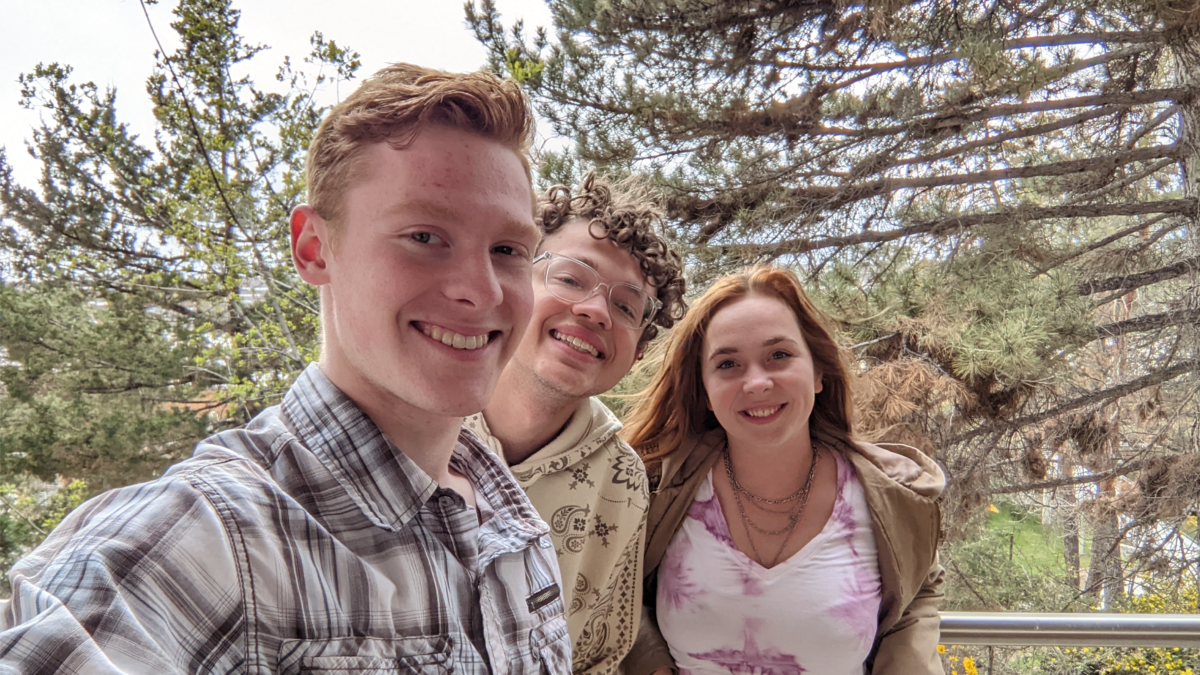The fire danced to the tune of the boy’s guitar. He was only a boy, it was true, if you measured him in years. The sounds he played were much older. They were ancient songs with ancient suspensions and ancient resolutions. It is true that there are no new harmonies.
“Why did you look back?” you asked.
The boy, Orpheus, stopped playing. He repeated your question. “Why did I look back?” The fire crackled. You felt ashamed for having asked.
But he seemed willing to speak. It was almost like he’d been waiting for someone to mention the story.
“Did you ever meet my wife, Eurydice? She was beautiful. The kind of beauty that makes you look once, and when you look away, you have to look again to make sure that your mind didn’t make her up. When she died, I thought I would never look at her again. I thought I would have to keep making her up every morning. I was in love with a ghost, those days.”
He closed his eyes as he spoke.
“I tried to look past her. There are many other women in the world. ‘Look around,’ I told myself. But although many women were charmed by my music, the music stopped the moment I looked at anyone else. Eurydice was fate, and I was bound. She was the sun to my waxen moth’s wings. I could not look away.
“I think the wind became weary of my mournful songs. It must have thought, ‘What a pitiful man! Other men have accepted that their lovers may die. Most have found new love. Some have killed their own love on purpose.’ But I refused. ‘Is there no way to see her again?’ I asked it.
“‘You could die,’ the wind suggested. The wind can be quite blunt.
“‘Is there no other way?’ I asked.
“And the wind said, ‘You could walk.’
“Before I left to travel to the underworld, I did not look back to see the world of the living. I set sail, and the farther and deeper I got on my journey, the less I could remember. It was like I had never once seen the world. If you had asked me to name how many points are on a maple leaf, I could not have. Nor which direction the grain runs on my piano stool. Nor the differences in color between the coals in a fire that still glow and the ones that have gone out. Shut your eyes! Can you remember what they look like without looking? If you cannot, then look and remember now. You will not see them again in the land of the dead. I myself had forgotten everything. I had expected them to be immortalized in my memory, but there was no such thing.
“So I reached the underworld. I played my songs about what I could no longer see. I brought the maple leaves and the grains of wood and the coals of fire and my beloved. And though they were not quite true anymore, they were new to the god of death, and they pierced his heart with life and passion, and he realized that neither I nor Eurydice could remain with him.
“I was told that I could leave the underworld with Eurydice, on the condition that she walk behind me. If I looked back to make sure she was following me, she would not be allowed to leave. She would die a second time.”
He ended the story there, and you did not need to hear him repeat what happened. It seemed cruel to speak, so you waited.
“Have you ever acted in spite of yourself? You promised yourself that you would change for good this time. But a week passed, and you found that you were the same person. Or you buried a grudge, and it stayed buried until you saw your enemy, and you found that he was still your enemy.
“I went to death and back, and I was still the same person. I don’t believe death ever changed a person. Childrens’ diaries are not so different from their grandfathers’, or their grandfathers’ grandfathers’. But I wanted to change. I wanted to remember the leaves and the wood and the fire and the fish and the deer and the buildings and towns I’d left behind and the face of my Eurydice and make it immortal. The most precious things, you want them forever.
“I was afraid. I didn’t want to be the kind of person who doesn’t look back.”
He played an arpeggio, hammer-on, pull-off, something minor or Mixolydian. He was looking back. You were too. ∎
Why He Looked Back



